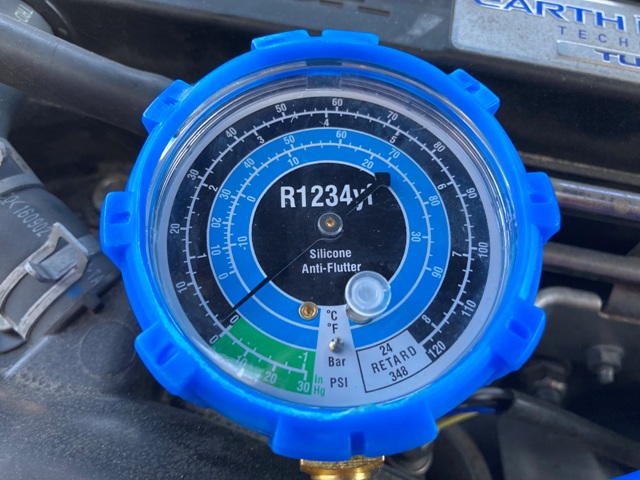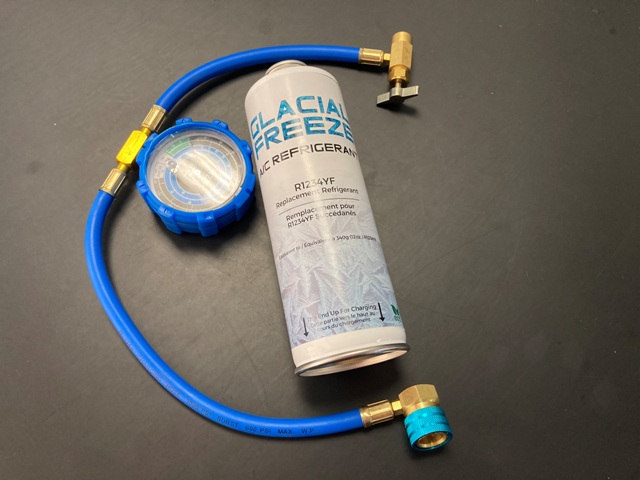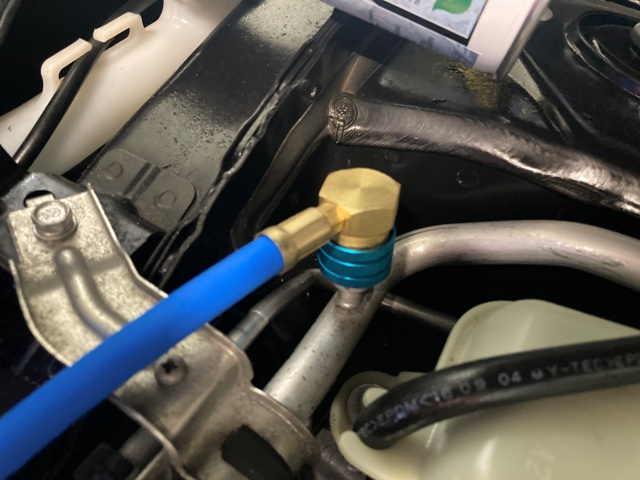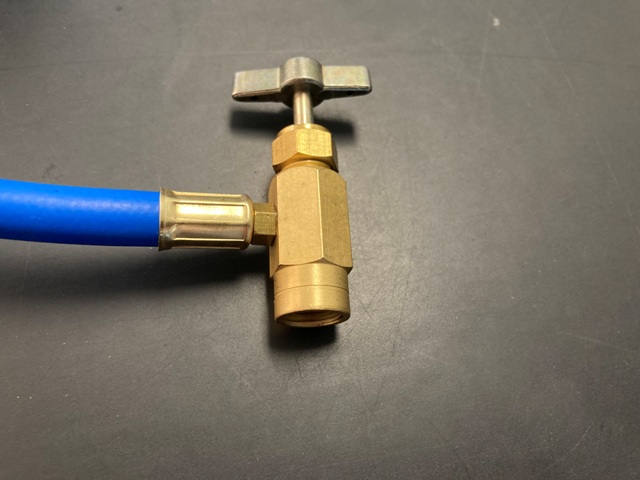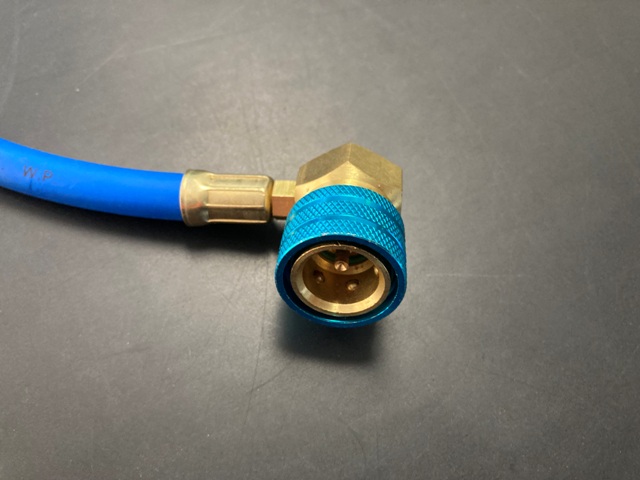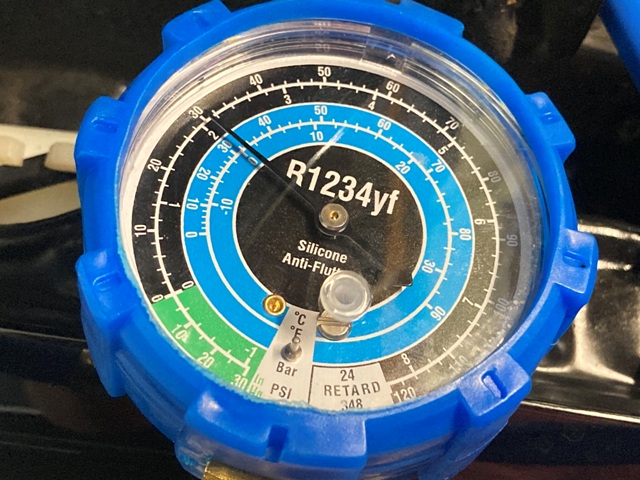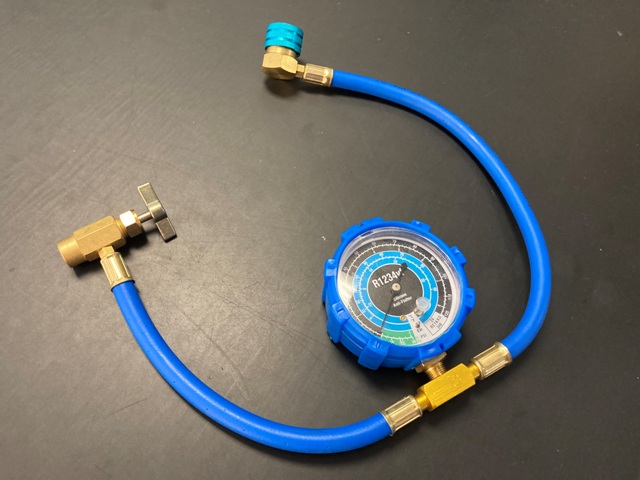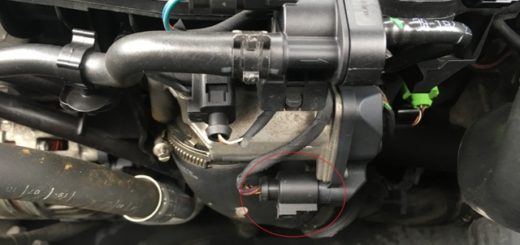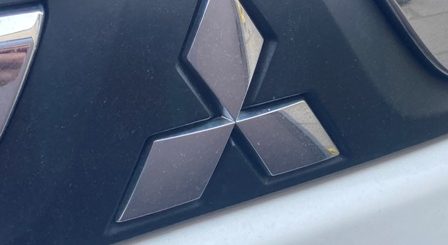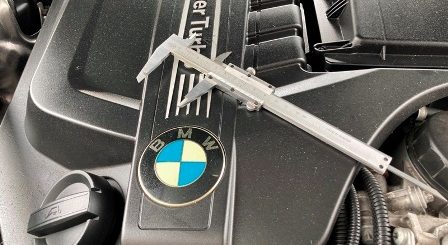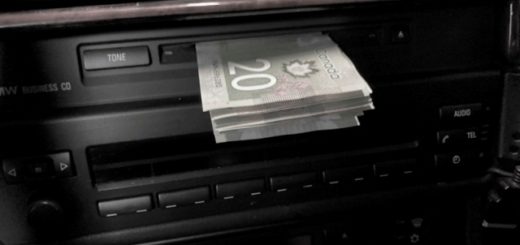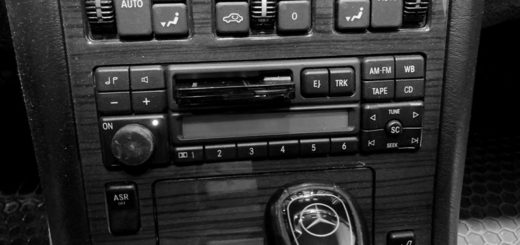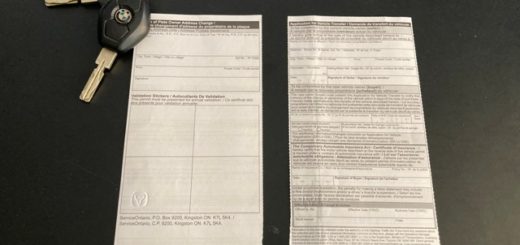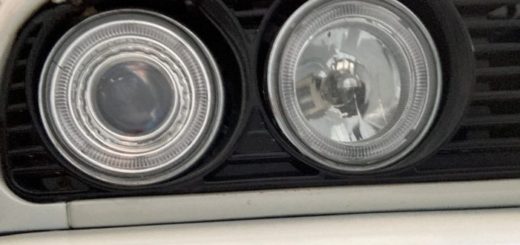How to Recharge Air Conditioning Honda Civic
How to recharge air conditioning 2016 – 2020 Honda Civic: One of most common problems of AC failure is low refrigerant level. If refrigerant pressure is low AC compressor will not engage, this is a safety feature added to protect AC compressor from damage.
In any case, low refrigerant level is a guaranteed symptom of leaks in the AC system. Leaks can develop anywhere, Compressor itself, AC lines and seals, Condenser, Evaporater…etc. Adding refrigerant is a stop gap (cheap) measure, it will not fix the problem. If the leak is large then refrigerant will leak soon after.
However, if leak is small then refrigerant will leak very slowly (months some times) and recharging will help for a long while (summer months at least).
Vehicle is a 2016 Honda Civic. Recharging procedure is the same for 2016 to 2020 Honda Civic.
Honda Civic Refrigerant Type
Starting in 2016 Honda changed their refrigerant type from R134a to R1234yf. All other manufacturers are doing the same, cars produced after 2021 will only use R1234yf refrigerant.
Kits designed for R134a can not be used to recharge A/C on cars using R1234yf. Low pressure port is different (bigger) and R1234a connector will not fit.
You have to buy a R1234yf recharging kit, it can easily be purchased on Amazon or local auto parts stores.
Safety
1- Engine will be hot, be careful.
2- Engine will be running when recharging A/C, stay clear of spinning pulleys and belts.
3- Do not wear lose clothing.
4- Wear gloves and safety glasses. Refrigerant can irritate and damage eyes.
5- Only low pressure port should be used for recharging.
6- Read safety label and instructions on refrigerant bottle.
7- Do not overcharge AC.
More details on How Air Conditioning Works by UTI institute.
Step One: Buy a Recharging Kit
As we previously said, recharge kits can be purchased on Amazon and local automotive stores, price is about $50.
Make sure to purchase a R1234yf recharging kit and R1234yf refrigerant. 2016 and newer Honda Civic use R1234yf.
Step Two: Locate Low Pressure Recharging Port On Honda Civic
Low pressure Air Conditioning recharging port on 2016 Honda Civic is located right hand side of engine bay (passenger side), beside to coolant reservoir. Its easily accessible and quite comfortable to work on.
Air Conditioning system has 2 ports, low pressure and high pressure. Identify and use only low pressure to recharge AC. Do not try to fit recharging kit connector on High Pressure Port.
Ports are clearly marked on their protective caps with letters L (low) and H (high).
Step Three: Prepare Recharging Kit
Open fully valve on recharging kit and screw refrigerant bottle tightly. Close recharging valve fully.
Valve has a pin which punctures refrigerant bottle allowing refrigerant to flow. Don’t worry, will not leak as long as valve stays closed.
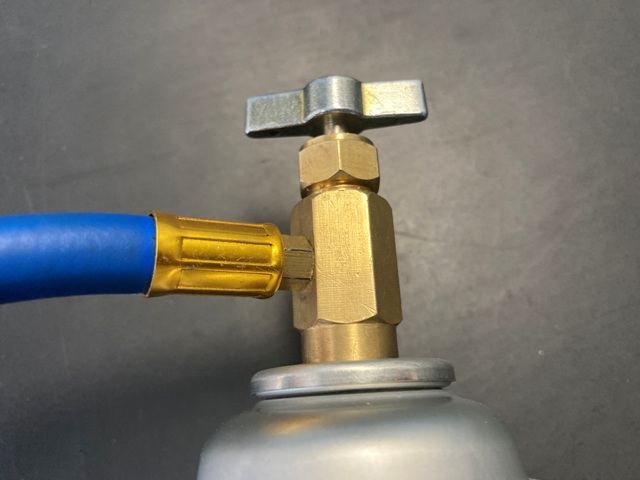
Check to ascertain there are no leaks and bottle is secured safely on recharging kit valve.
Step Four: Connect Recharging Kit Connector to Low Pressure Port
Engine Off. Recharging kit connector is a locking type connector, it has an outer safety ring. Remove low pressure port plastic cover, unscrew it counterclockwise. Pull connector ring back and push connector on low pressure port, release locking ring. Pull on connector to make sure is fitted properly and safely on recharging port.
Step Five: Check AC System Pressure
With engine off and recharging hose is connected, check pressure on air conditioning system using recharging kit gauge. If pressure shows zero then chances are leak is large and recharging wont help much, will leak again soon after. However, if you still have some pressure on AC system, this indicates a small leak and recharging should hold for a long while.
Step Six: Recharge Air Conditioning Honda Civic
Start engine and set AC on maximum cold setting and fan at full blast. Open recharging kit valve and keep shaking the bottle. When AC system pressure rises above 20psi you should hear AC compressor engage. Once compressor engages you should be able to feel cold air coming from vents, keep recharging until normal refrigerant pressure is reached (anywhere between 30-40psi).
Step Seven: Check Pressure While Recharging Civic AC
Check pressure gauge periodically while recharging AC. Pressure should be checked only when compressor is engaged and working. Do not check pressure while AC compressor is off, you will get a false reading. Fully charged system is about 40 psi. Stop charging when 40 psi is reached. Do Not Charge more than 40psi.
Usually, a single bottle is enough to fill the system. If you need more than one bottle, turn engine off, remove connector from low pressure port and replace bottle. Unscrew refinement bottle slowly, as it will have some pressure left on it and leaks when you remove it, watch your eye while replacing refrigerant bottle. Repeat recharging procedure again.
Again, fully charged system is at 40psi when compressor is engaged. Stop recharging when 40psi is achieved. Overcharging will cause problems and damage AC compressor.
Step Eight: Disconnect Recharging Hose
Recharging finished, turn engine off, close recharging valve and disconnects recharging connector fro low pressure port. Check for any hissing noises, if you hear one then refrigerant is escaping and there is a large leak. Large leaks will need to be professionally identified and repaired.
Do Not Overcharge Air Conditioning System
Do Not Overcharge AC, more is not better. Air Conditioning system has a monitoring pressure sensor, if pressure is lower or higher than normal, AC compressor will stop working. Overcharging AC will also cause trouble, can damage compressor and destroy AC seals. Engine might not even be able to idle and turn off as a result of higher than normal pressure on AC system. Stop recharging before pressure gauge hits 40psi.
Star the car and check AC operation to make sure all is working properly. Install low pressure port plastic cap back in place.
More detail on How to Recharge Air Conditioning.
(If you are also looking for a fast and safe solution to sell your car, more here on “How To Sell Your Car Fast” ).
Comments: If you have any questions or suggestions related to this post or Used Car Toronto in general, don’t hesitate to use comment section below.


